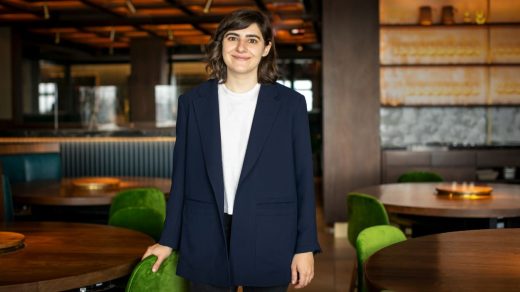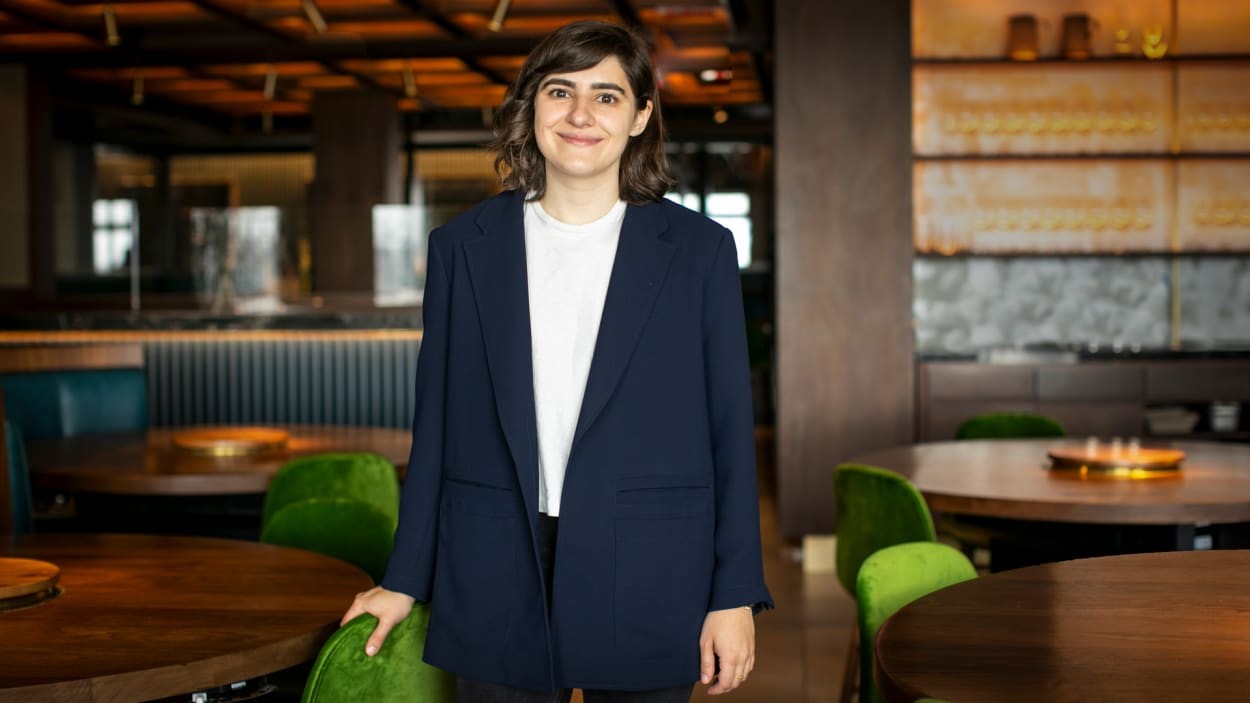How Momofuku CEO Marguerite Zabar Mariscal created a $100 million food empire
When a young chef named David Chang opened Momofuku Noodle Bar on First Avenue in 2003, Marguerite Zabar Mariscal was only 13 years old. The great-great-granddaughter of Louis Zabar, a shining light in the firmament of New York grocers, Mariscal grew up on the Upper West Side, physically proximate to the East Village but culturally distant.
Today Mariscal serves as the CEO of Momofuku, which has 475 employees across six restaurants and other divisions, including Momofuku Goods, the packaged-foods arm. Chang, the mercurial leader, meanwhile, has moved to Los Angeles, leaving New York and the day-to-day operation of the Momoverse in the hands of Mariscal.
Those hands have not been idle. Since taking the reins in 2019, Mariscal has busily transformed Momofuku from primarily a restaurant group into an octopodal business with many nodes. For the first time this year, Momofuku will make as much money from its non-restaurant ventures as it does from its restaurants, for a total of $100 million.
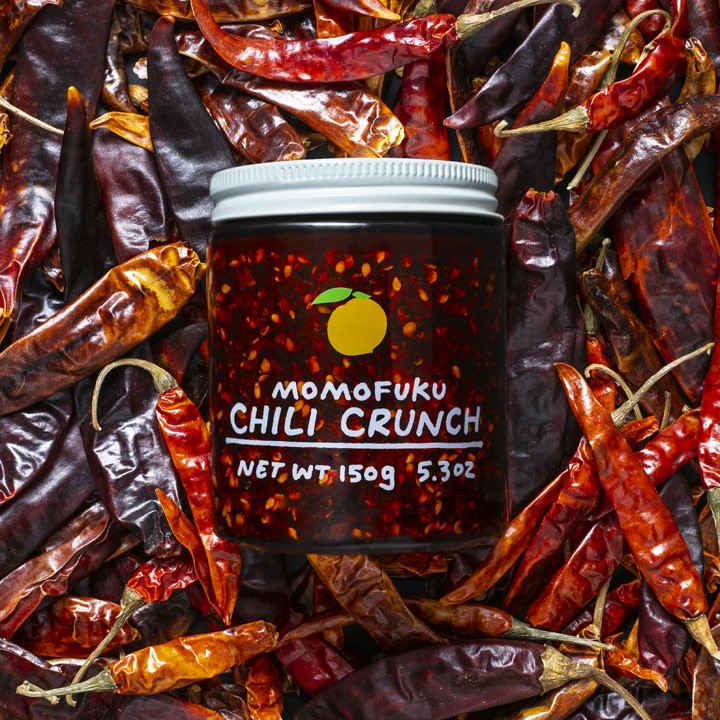
One of those ventures is the rapidly expanding Momofuku Goods, which just announced $10 million in funding from Siddhi Capital and Alliance Consumer Growth, bringing total funding to $27.5 million. The consumer packaged goods arm oversees an ever-expanding range of products—chili crunch, seasoned salts, soy sauce, dried noodles—that are now found in more than 3,500 grocery stores, including chains like Whole Foods. (Momofuku Goods is the best-selling brand in the grocer’s “global flavors” category, whatever that means.)
There’s also a media company called Majordomo, which produces food-focused podcasts, television shows, and even its own television channel, and a constellation of orbiting brands like Fuku, a concession business with outposts from Las Vegas’s T-Mobile Arena to New York’s Citi Field.
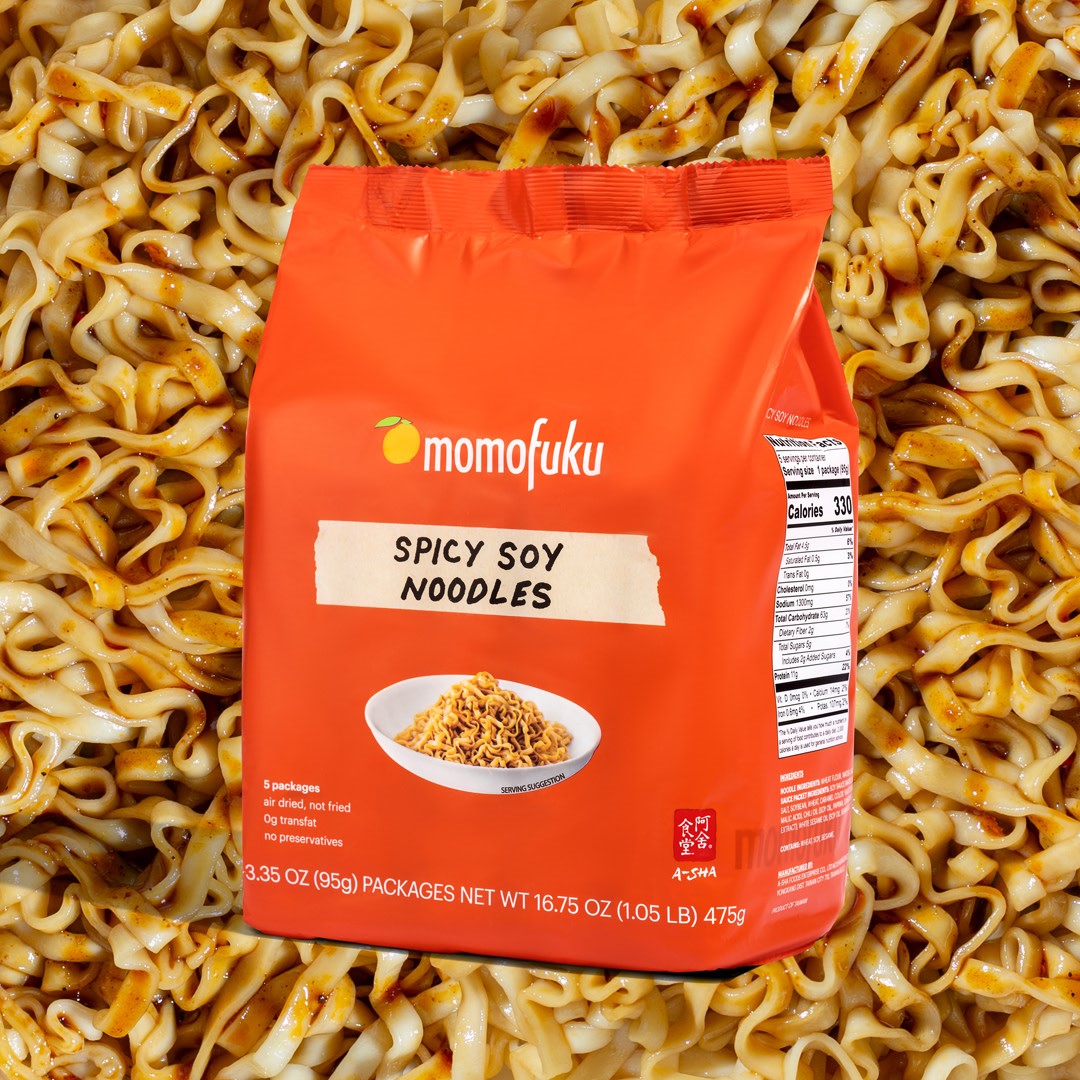
At the center of the Momofuku web is Mariscal, who must calibrate the physics of expansion such that Momofuku grows but does not lose its center. “The restaurants will always be the nexus. They will always be the most experiential and complete way to experience Momofuku,” Mariscal says as she settles into a booth on the third floor of the Shops at Columbus Circle at the company’s uptown Noodle Bar. She wears a dark blue wide-wale corduroy jacket, her hair in a wavy bob. “At the same time,” she continues, “we’re focused on meeting the customers where they are.”
And where are customers? Well, as thousands of shuttered restaurants can attest over the past three years, they’re staying home. Part of Mariscal’s role has been to create what she calls an ecosystem in which Momofuku can exist as easily in a grocery store aisle as it can in a shopping mall or an inbox. To that end, she says, “a third of my day is spent on the day-to-day operations of the restaurant, and a third is spent developing new partnerships and collaborations, and a third is spent on developing our CPG products.”
She thinks for a second, then adds, “and another bucket is spent making sure all the moving parts across the Momofuku universe are aligned.” When I point out that she has just listed four-thirds, she just chuckles and bites into her spicy cucumber salad.
Momofuku’s early days were a hurly-burly affair, essentially a DIY madhouse centered on Chang’s catholic and chaotic interests. Chang’s explosive rage (wall punching! desk breaking!) was matched only by his expansive genius (bo ssam! impossibly delicious pork buns!). Today, it’s led by a more implacable CEO.
The company’s evolution mirrors Mariscal’s own. She started there in 2011 as a press intern for the restaurant, before visiting nearly all stations of the cross—social media manager, VP of brand and design, chief of staff and creative director. She was appointed CEO in 2019, at the age of 26.
According to Chang, Mariscal was made for the role of CEO. “She was born with an innate ability to do the right thing and the humility to know what she doesn’t know,” he enthuses via email. Melissa Facchina, co-CEO of Siddhi Capital, cites Mariscal’s “laser focus and commitment to excellence” as pairing particularly well with Chang’s “explosive flavor combinations and endless ideas.”
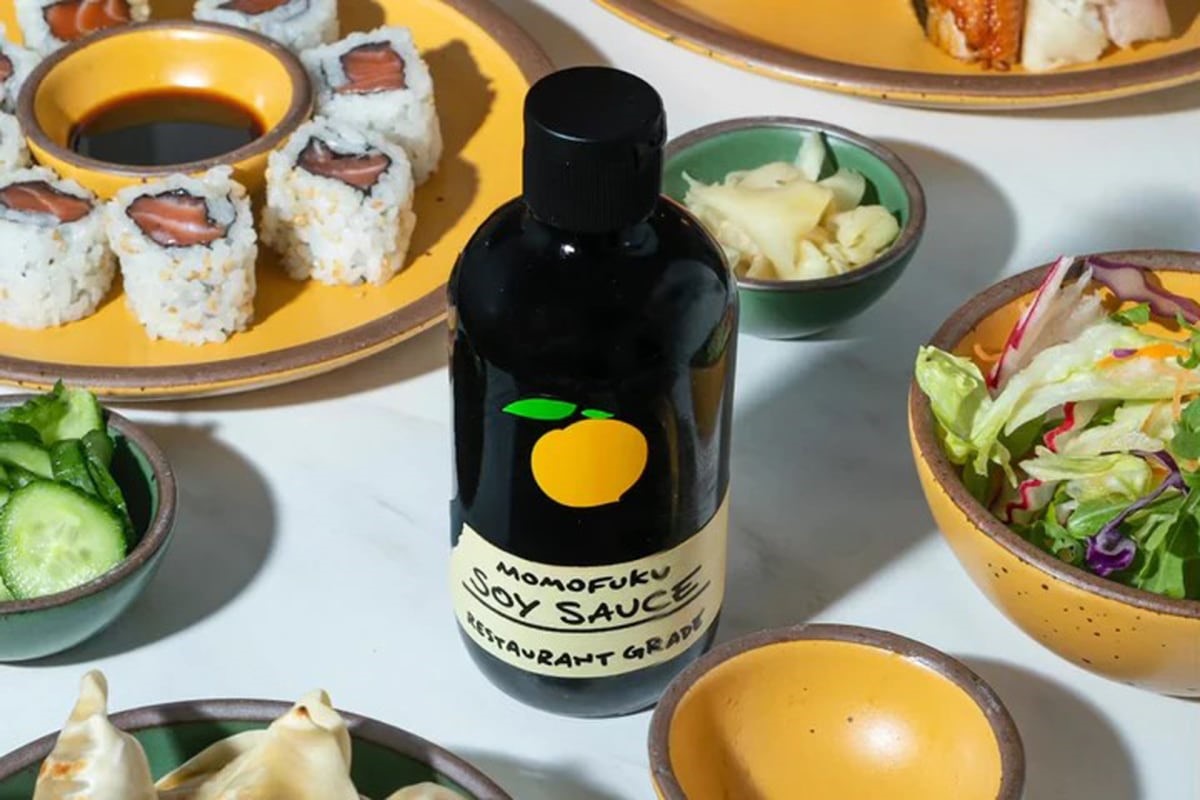
As Momofuku has grown, Mariscal has come to recognize what it does well and what it doesn’t. “We’re terrible at replicating concepts,” she admits.
The company doesn’t have a wonderful track record for replicating restaurants, whether new or old concepts. For a brief period, it seemed there would be a Momofuku in every major market. From 2016 to 2019, the company doubled its restaurant portfolio, opening outposts in cities like Toronto and Sydney.
At one point, there were 15 Momofuku restaurants scattered across the globe. Today, there are only six: four in New York, Majordomo in Los Angeles, and Momofuku in Las Vegas. Chang’s grand plans for a Momofuku empire have largely dissolved. “Toronto, Sydney . . . didn’t make sense,” Mariscal surmises. “We just didn’t have sight lines.”
Part of Mariscal’s job is recouping—to some extent—those restaurant investments. For instance, after Momofuku Seiobo, the company’s Sydney restaurant, closed in 2021, Mariscal recruited general manager Kylie Javier Ashton to move to the U.S. and head Momofuku’s learning and development division, teaching chefs and others within the organization the hard-earned lessons of the demanding Momofuku kitchen culture.
“When you look at what makes operating restaurants so difficult in 2023, it’s staffing,” Mariscal says. “That’s why we’ve always believed in internal promotion and upskilling. If you look at your leadership team, there’s a huge number of people, myself included, who started in internships or externships.”
The handoff from the founder to a successor is always a difficult transition. It can be especially thorny when the founder is by his own admission explosive. But with Mariscal commanding the Eastern Seaboard and Chang the West, they’ve reached the sort of harmony that eluded Tupac and Biggie.
Chang, from his lookout perch, sees trends on the horizon, calling out to Mariscal, who then transmits the general direction among the troops. “Dave is an unbelievable asset in terms of seeing what’s coming down the road.” And in one of those acts of foresight, he saw the future of his business in Mariscal.
(26)

